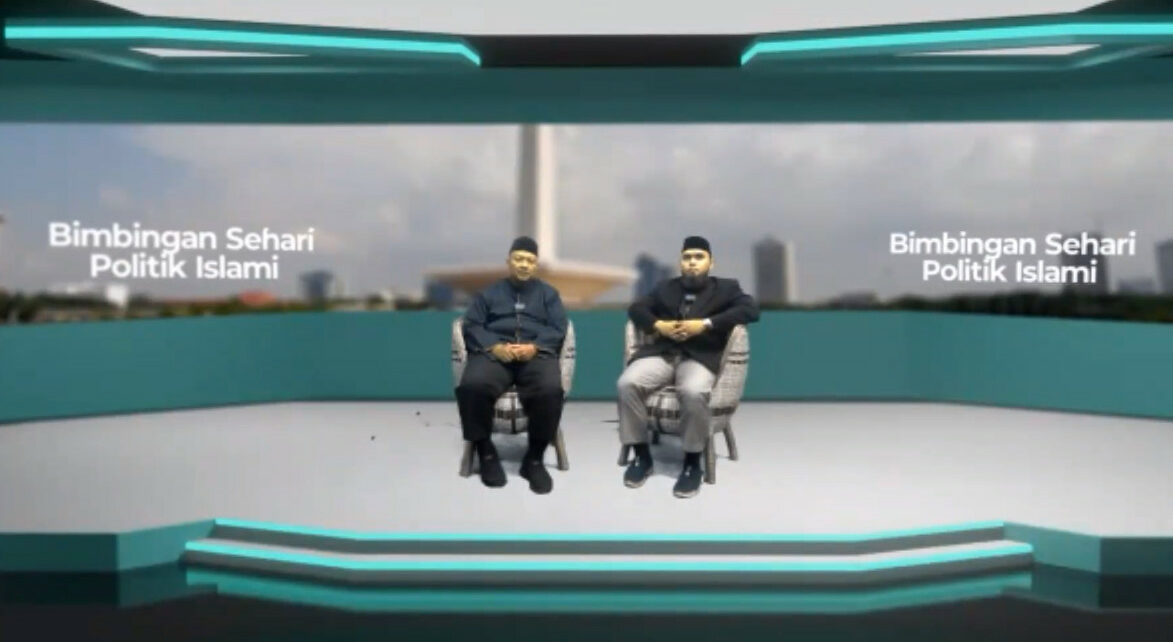
Ustaz Akhmad Hanafi Dain Yunta, Lc., M.A., Ph.D., emphasizes the importance of guidance for Muslim individuals in determining their actions, typically derived from the Quran, the hadith of the Prophet Muhammad, and the guidance of scholars. Since not everyone can memorize thousands of verses from the Quran and hadith, scholars have formulated principles of fiqh to simplify the laws of Islamic sharia. One key principle discussed is “adhdhararu yuzal,” meaning harm must be eliminated. Ustaz Akhmad explains that this principle encompasses three essential meanings.
Firstly, it prohibits causing harm to fellow humans and other creatures because any form of harm is considered contrary to benefit or utility, defined by scholars as something beneficial in both worldly and afterlife aspects. Secondly, it prohibits initiating harmful actions and responding to harm with similar actions. Religious sharia provides specific mechanisms to address harm without causing harm to others. Thirdly, the concept of “adhdhararu yuzal” includes preventing harm before it occurs, akin to preventive measures. This indicates that harm should be anticipated and prevented both before and after it happens.
In his presentation, Ustaz Akhmad Hanafi also discusses the Islamic law of selecting leaders, stating that sharia mandates the election of leaders based on the consensus of the Prophet’s companions after his demise. Consensus underscores the obligation to choose leaders capable of fulfilling their duties by bringing benefit and rejecting harm. He also highlights the need for law enforcement and protection of legal domains as obligations. Concerning leadership criteria, Ustaz Akhmad emphasizes justice, knowledge supporting independent reasoning, physical health, the strength of ideas, and the ability to protect the sphere of authority.
Furthermore, Ustaz Akhmad explains the implementation of the principle “ad-dharar yuzaal” in the selection of presidential candidates within a democratic system. He emphasizes the people’s right to choose a presidential candidate in elections by applying this principle, aiming for the selection of leaders who meet predetermined criteria. If no candidate satisfies all criteria, the choice falls on the candidate maximizing benefit and minimizing harm. Determining benefit and harm is entrusted to competent scholars and experts, not based on personal desires. If elected leaders are considered less than ideal, efforts to eliminate harm are made through mechanisms such as advice, criticism, and community-based improvement initiatives.
![]()
